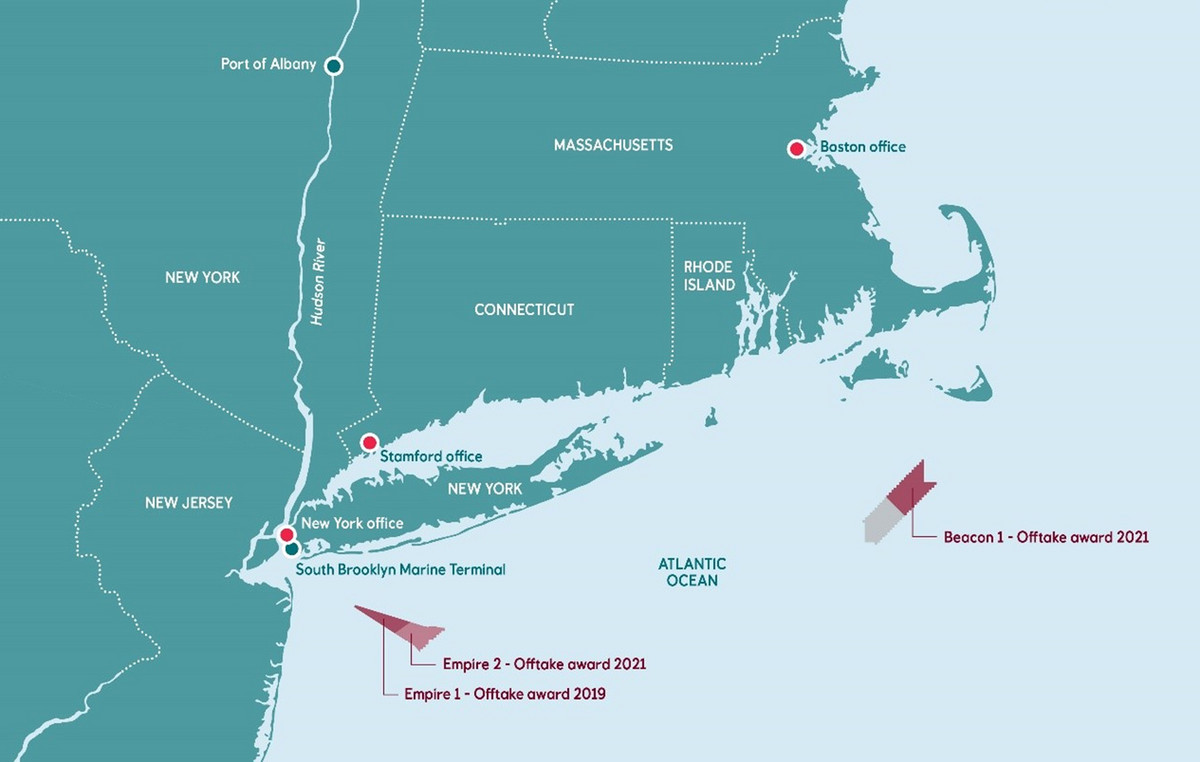Francisco Alves Mendes Filho was a trade unionist, rubber tapper leader and environmentalist. He lived in the city of Xapuri, in the interior of Acre. He was an activist who fought for environmental conservation and defended an agrarian reform that would make land distribution more equal. He was also the founder of non-predatory extractive reserves in his state.
With his activism in favor of protecting the environment, he began to create enemies around him. In 1988, the year of his death, he received several death threats but he did not stop fighting for what he believed in. On December 22 of that year, Chico Mendes was killed in the kitchen of his home.
The investigation led to the arrest of Darcy Alves da Silva, who allegedly committed the crime at the behest of his father, farmer Darly Alves da Silva. Darcy returned to the news this week, when he was named president of the PL directory in the city of Medicilândia, in Pará.
Even after being killed, Chico Mendes continued to influence people and actions in the fight against deforestation. He had a great influence on the political life of Marina Silva, current Minister of the Environment, with whom he was a friend. In 2004, Chico was recognized as a Hero of the Fatherland. In 2013, the environmentalist was declared National Patron of the Environment. Currently, the activist gives his name to the Chico Mendes Institute for Biodiversity Conservation (ICMBIO), one of the main environmental protection bodies in Brazil.
Partnership with Marina Silva
Chico Mendes participated in the beginning of the career of Marina Silva, current Minister of the Environment. Marina has already reported, countless times, the importance that Chico Mendes had in her life and how he still influences the way she sees the world and the future of Brazil.
Friend was with Chico Mendes shortly before his death
“If an angel came down from heaven and said that my death would help save the Amazon, I would die willingly. But history has shown us that numerous and well-attended public acts will not save the Amazon. That’s why I want to live.” Chico Mendes' phrases are recited and never leave the memory of his great friend, fellow fighter and advisor, the agronomist Gomercinco Rodrigues, known as Guma.
Today, at 64 years old, he remembers in detail, still emotional, the conversation he had on the day of the murder of the ecologist, president of the Rural Workers Union of Xapuri, in Acre, exactly 35 years ago, and also about the immeasurable legacy of tapper leader.
After all, it was on the afternoon of December 22, 1988, that Guma had met Chico Mendes and talked about the future of rural workers, but also about concern for the activist's safety. “I was with him minutes before the murder at his house. I told him I was worried (due to the movement of gunmen)”, he recalls.
After he left the house, Guma learned that his friend had been shot in the chest with a shotgun when he was leaving to take a shower.
When Guma returned to Chico Mendes' house (minutes later), he was being helped. “In the city (of Xapuri), there were few cars. I ran back and rode my motorcycle around the city looking for help,” he recalls. It was in a city councilman's vehicle that Chico was rescued. But he died soon after in hospital. “I started calling people to give information. I was crying”.
Investigation
Afraid of impunity, that same night, he and other activists created the Chico Mendes Committee in Acre to demand that the authorities carry out a swift investigation and punish those found guilty. “I followed the reconstruction. I had doubts. There was evidence against those involved, but there were people who supported and financed it. We never got to those,” he notes.
The current coordinator of the Chico Mendes Committee is his daughter, the socio-environmental activist and activist Ângela Mendes. “The idea of the committee actually came up on the night of my father's murder, as a strategy to mobilize society to press for the punishment of criminals. There was a scenario of fear and impunity,” she argues. A scenario, in fact, that still exists today, 35 years later.
In September 2023, the non-governmental organization Global Witness reported that — one in every five murders of land and environmental defenders in the world (crimes recorded last year) — occurred in the Amazon. In Brazil, there were 34 murders last year (including indigenous man Bruno Pereira and British journalist Dom Phillips) and 26 in 2021. In the decade, 376 activists died in Brazil.
“Back then, it was no different. So that this would not be forgotten, the companions, on the night of the murder, created this space for mobilization, but also for monitoring cases such as that of Chico Mendes and the rubber tapper Wilson Pinheiro (murdered in July 1980)”, he states. Angela Mendes. Since then, between December 15th (Chico's birthday) and the 22nd, the committee has held a week of mobilization to address the current situation of forest workers.
Ângela was 19 years old and was in Rio Branco when she received the news of her father's death. She was at her aunt and uncle's house, with whom she lived the longest. She was raised in the capital of Acre with her family to study and ended up getting closer to Chico Mendes in her late teens.
“After he was murdered, a friend of my father said that his intention was for me to go to Xapuri to work with him at the union. We were getting closer and trying to make up for that time we spent apart. He was a very affectionate father. He treated me very well, just like he treated my two brothers,” he recalls.
While Ângela worked for the environmental cause, her friend Guma took a law course to train as a lawyer and fight in other ways against the impunity and violence that affect rural workers. “As a lawyer, I have acted many times in cases that started back then. I still work today in possession rights cases, for example”, he explains.
Legacy
In the opinion of his daughter and Guma, Chico Mendes' most important legacy was the “revolutionary” idea of creating extractive reserves, something that only came into force after the unionist's death. “It is a model of a protected area with legal and physical security for people”, they say.
The proposal that was born from the rubber tapper spread throughout Brazil after his death. The Ministry of the Environment considers an Extractive Reserve to be a type of conservation unit for sustainable use. “They are based on subsistence agriculture and small animal husbandry. Its basic objectives are to protect the livelihoods and culture of these populations (…)”, indicates the ministry.
Ângela Mendes understands that reserves, in addition to being effective in facing and combating the climate crisis, are also very effective in maintaining the lives and rights of people in their territories.
“The public authorities need to fulfill their role of, through the construction, creation and provision of public policies for these citizens, guaranteeing services and quality of life”, says Ângela. The first reserve was created in 1990, in Alto Juruá, two years after the death of Chico Mendes.
“Officially, there are 66 extractive reserves managed by the federal government. Under state management, they range between 40 and 50. [Elas] are in this average. These extractive reserves play an important role as a model of sustainable development”, he emphasizes. What started with the rubber tappers gained other characteristics such as marine extractive reserves”.
Revolution
For agricultural engineer Gomercindo Rodrigues, this is a revolutionary action. “I think that is the great legacy. It is not something only applied to the Amazon. They are marine goods, either in the mangroves or with coconut breakers. It is a model that does not propose that places be sanctuaries, but rather that those places can be explored by traditional populations that they already know to use them without destroying them”. He recalls that the idea of the extractive reserve was launched at the first National Meeting of Rubber Tappers, from October 10th to 17th, 1985, in Brasília.
For Rodrigues, who began researching the effects of reserves, the proposal is to develop without destroying. “This is a big discussion of climate change. Develop without increasing pollution, without increasing the emission of polluting gases. That was visionary. Chico was always someone ahead of his time”, said Rodrigues, who is the author of the book Caminho da Floresta. As an activist, he participated in tie-down techniques (when workers lined up occupy the forest to try to prevent deforestation). “I walked a lot through the rubber plantations,” he recalls.
Agronomist Gomercindo lists yet another lesson learned from Chico Mendes: the power of establishing alliances. “He knew you couldn’t achieve anything alone,” he recalls. He followed the implementation, for example, of the Seringueiro project, in 1986, which was developed for adult literacy and one of its goals was to create cooperatives.
Memory preservation
For activist Ângela Mendes, his ability to bring together different groups made a difference. For her, businessmen managed to create feuds between workers, but her father was shrewd in showing that everyone should act together. “Indigenous people, riverside dwellers, quilombolas, people living on the outskirts, in cities, from populations that have always been on the margins of rights, always made invisible”, she emphasizes.
She explains that the Chico Mendes Committee also works to preserve the memory and against the erasure of the union leader's history. “In recent years, they have tried to reduce the importance of Chico Mendes. His house, which is a memorial in Xapuri, was closed and only reopened in 2023. His statue, in the city center, was deliberately thrown to the ground and was only raised again by a movement we made”, he reveals.
The mother's struggle has enchanted her daughter since she was a teenager. So much so that Angélica Francisca (named after her grandfather) Mendes, 34 years old, is a biologist and completed a master's and doctorate in the field of ecology.
She works as a conservation analyst at the international Non-Governmental Organization (NGO) WWF. “Extractive reserves are a model of sustainable use conservation unit. But I think the biggest lesson he left for me is hope. He was a fighting agent,” she emphasizes. The lessons of not giving up, persisting through difficulties and being able to attract allies light up the granddaughter's eyes.
The researcher remembers that her mother worked in an NGO called Centro dos Trabalhadores da Amazônia, which provided technical, health and educational assistance to the region. “I had that in my head a lot. I wanted to do something similar. That’s why I decided to do Biology.”
In her work at WWF, she participates in an awareness-raising project for the Amazon. “I am working as coordinator of the Voices for Fair Climate Action project. It takes place in seven countries and has several partners here in Brazil.”
For the memory of her grandfather, for her mother's struggle, the biologist practices what she was taught in her family. “We are not alone. We have a strong youth in the Amazon who are together with us in this fight”, she concludes.
(*With information from Agência Brasil)
Source: CNN Brasil
I’m James Harper, a highly experienced and accomplished news writer for World Stock Market. I have been writing in the Politics section of the website for over five years, providing readers with up-to-date and insightful information about current events in politics. My work is widely read and respected by many industry professionals as well as laymen.







